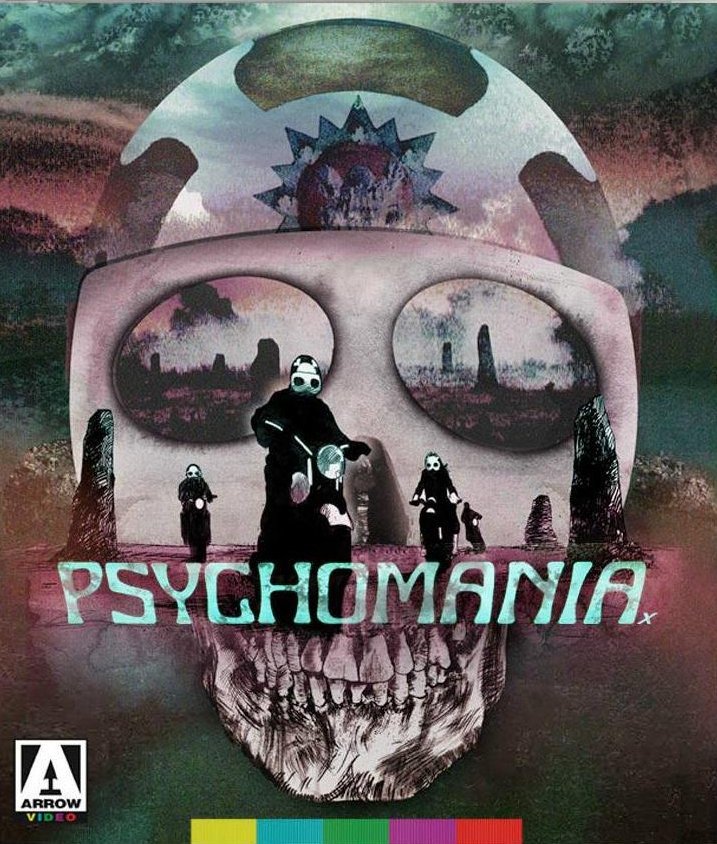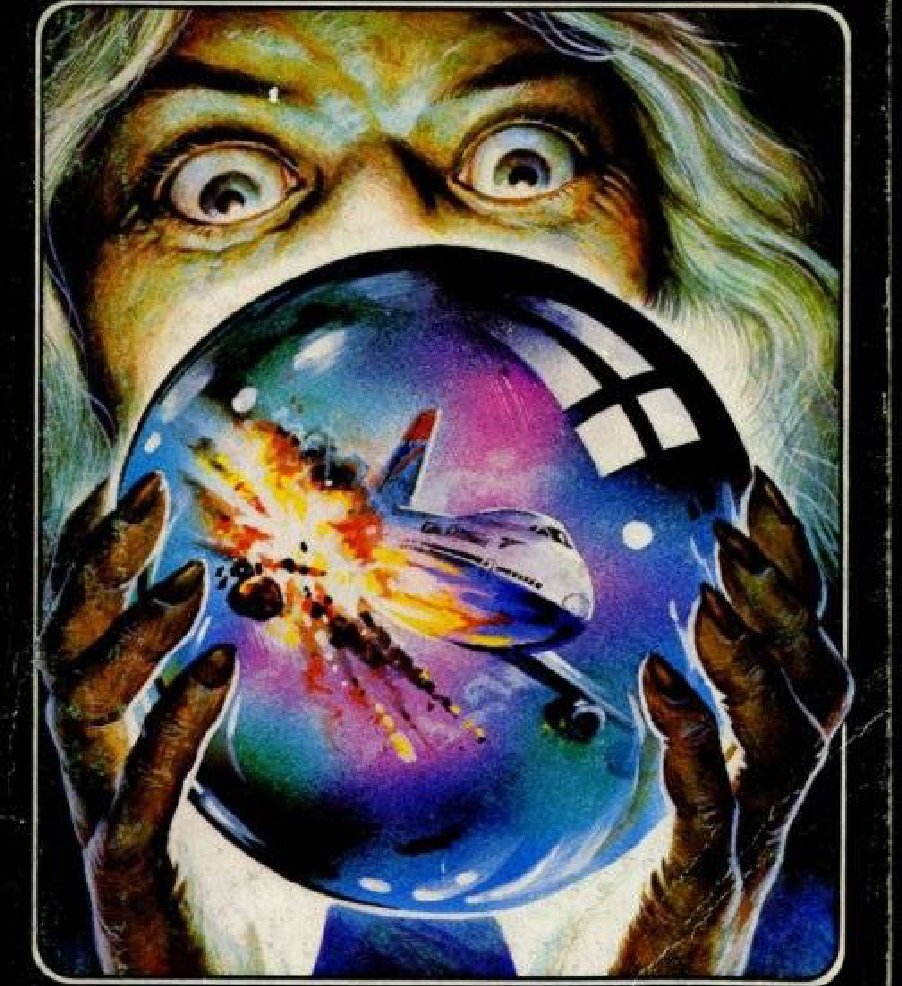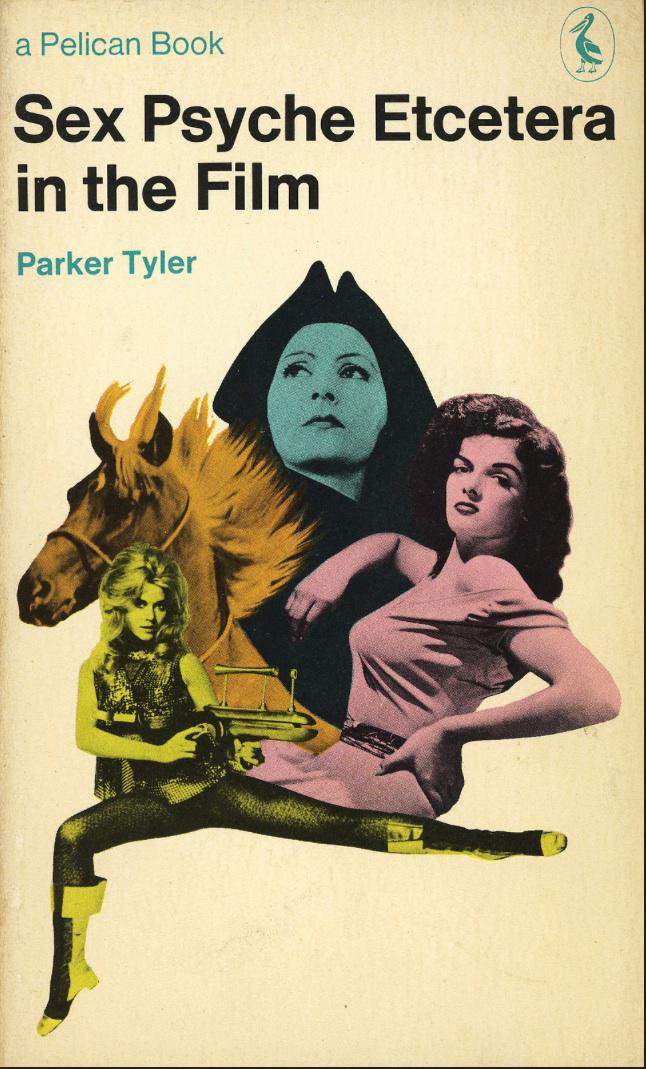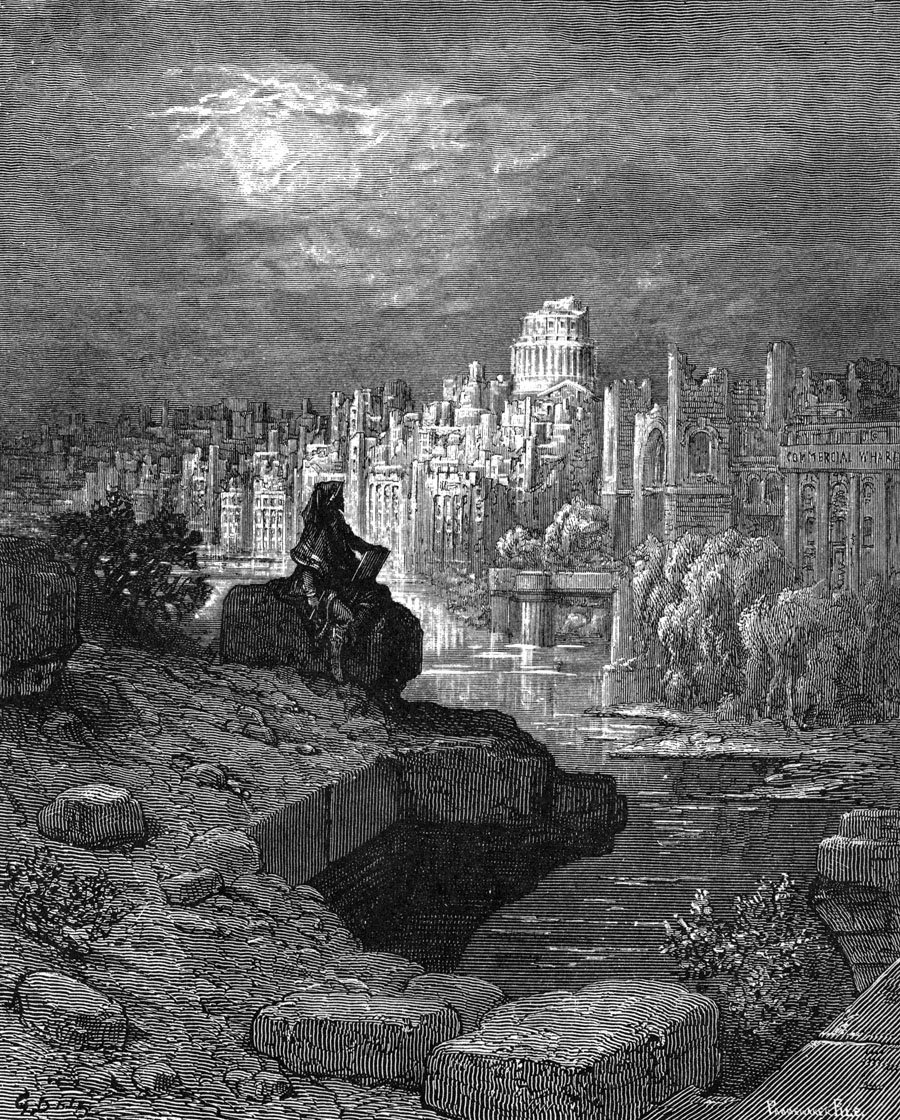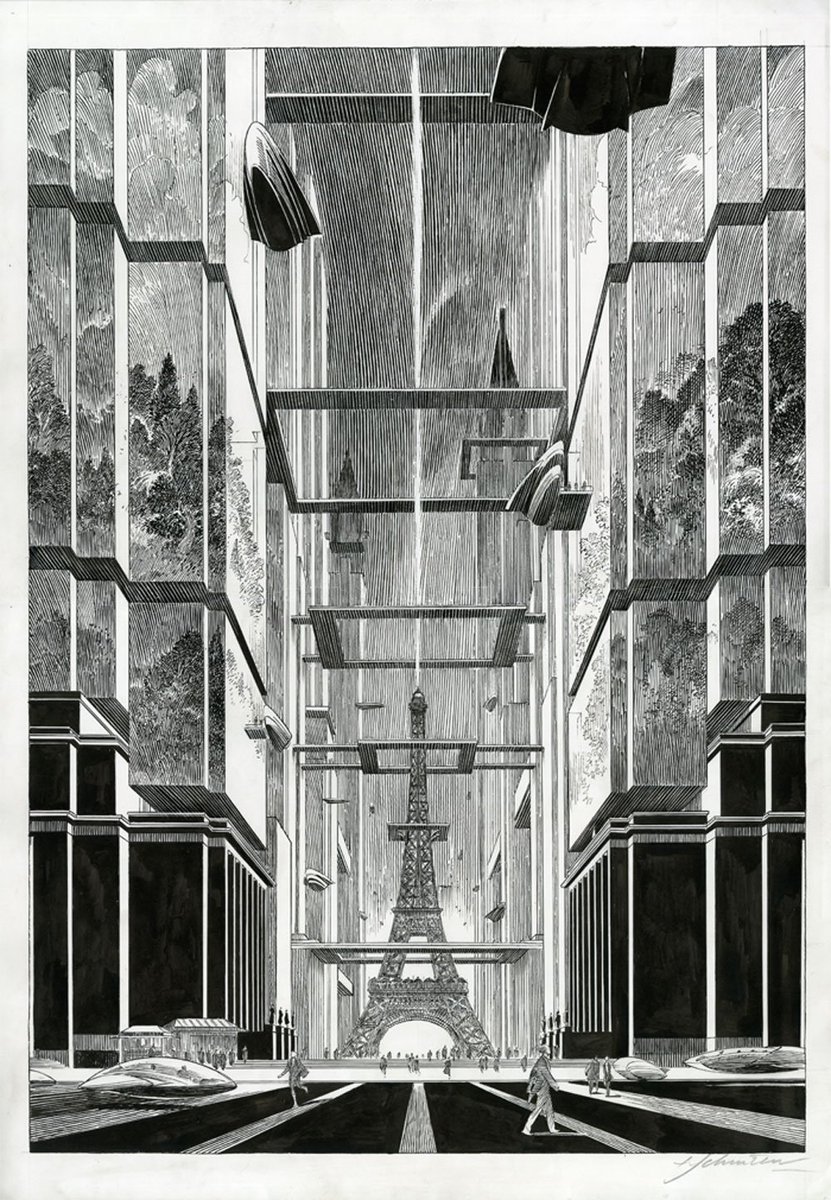For some aspiring writers a rejection letter from a publisher is crushing; for others it just spurs them on. So if you've been knocked down recently don't worry, you're in good company - as I'll show you in this thread of famous rejections... 

“This author is beyond psychiatric help. Do not publish.”
#RejectionLetterQuote for Crash, a novel by J.G. Ballard.
#RejectionLetterQuote for Crash, a novel by J.G. Ballard.

“An endless nightmare. I think the verdict would be ‘Oh don’t read that horrid book.'”
#RejectionLetterQuote for War Of The Worlds, a novel by H.G. Wells.
#RejectionLetterQuote for War Of The Worlds, a novel by H.G. Wells.

“Too radical of a departure from traditional juvenile literature.”
#RejectionLetterQuote for The Wonderful Wizard Of Oz, a novel by L. Frank Baum.
#RejectionLetterQuote for The Wonderful Wizard Of Oz, a novel by L. Frank Baum.

“We feel that we don’t know the central character well enough.”
#RejectionLetterQuote for The Catcher In The Rye, a novel by J.D. Salinger.
#RejectionLetterQuote for The Catcher In The Rye, a novel by J.D. Salinger.

“Hopelessly bogged down and unreadable.”
#RejectionLetterQuote for The Left Hand Of Darkness, a novel by Ursula K LeGuin.
#RejectionLetterQuote for The Left Hand Of Darkness, a novel by Ursula K LeGuin.

“An absurd and uninteresting fantasy which was rubbish and dull.”
#RejectionLetterQuote for Lord Of The Flies, a novel by William Golding.
#RejectionLetterQuote for Lord Of The Flies, a novel by William Golding.
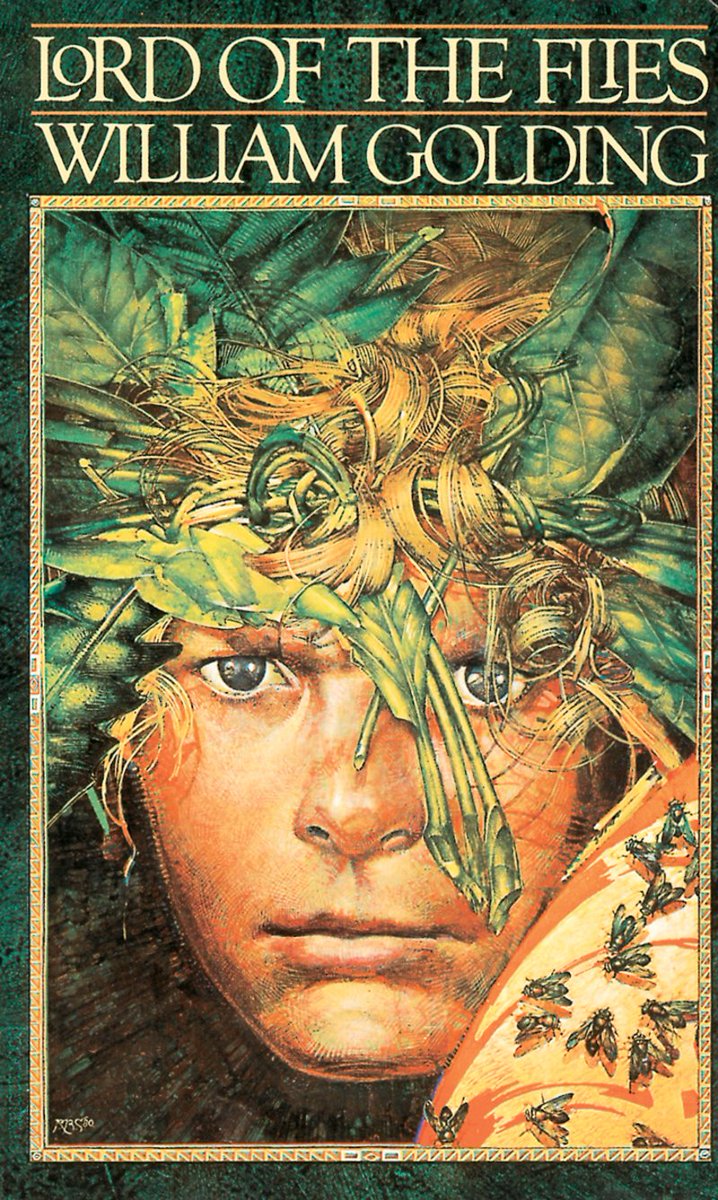
“Apparently the author intends it to be funny - possibly even satire - but it is really not funny on any intellectual level.”
#RejectionLetterQuote for Catch-22, a novel by Joseph Heller.
#RejectionLetterQuote for Catch-22, a novel by Joseph Heller.

"Your pigs are far more intelligent than the other animals, and therefore the best qualified to run the farm.”
#RejectionLetterQuote for Animal Farm, a novel by George Orwell.
#RejectionLetterQuote for Animal Farm, a novel by George Orwell.

"I rack my brains why a chap should need thirty pages to describe how he turns over in bed before going to sleep.”
#RejectionLetterQuote for In Search Of Lost Time, a novel by Marcel Proust.
#RejectionLetterQuote for In Search Of Lost Time, a novel by Marcel Proust.

"First, we must ask, does it have to be a whale?"
#RejectionLetterQuote for Moby Dick, a novel by Herman Melville.
#RejectionLetterQuote for Moby Dick, a novel by Herman Melville.

Whatever you do as a writer, stick to it. Success involves knocking on many doors before you decide which one you're gonna kick down... 

• • •
Missing some Tweet in this thread? You can try to
force a refresh



